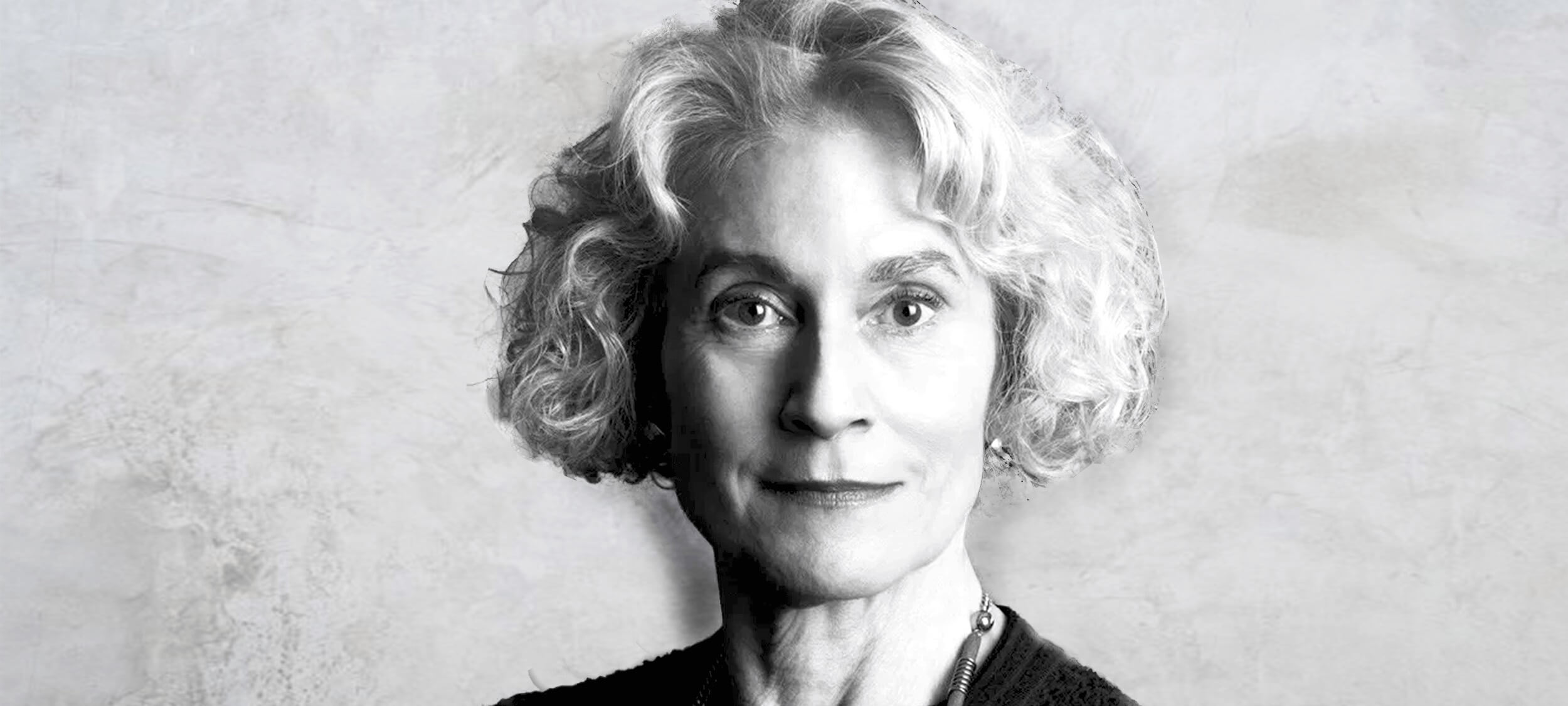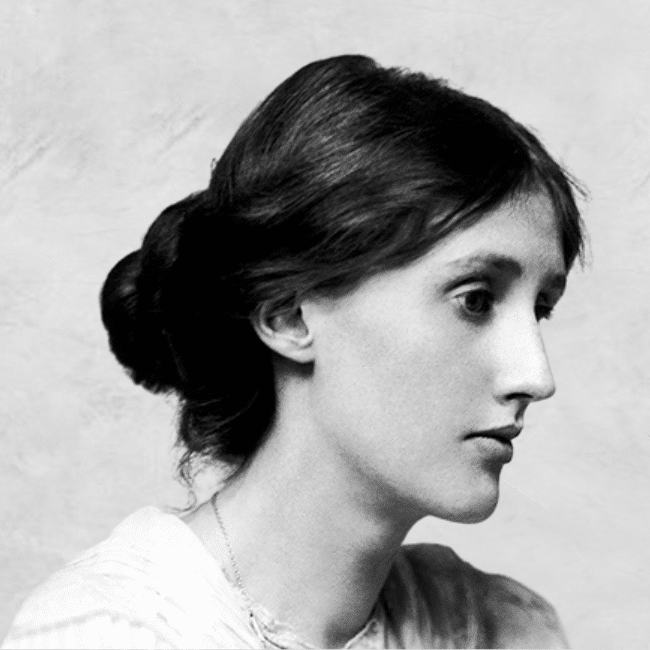
Martha Nussbaum (1947—present) is one of the world’s most influential living moral philosophers.
She has published on a wide range of topics, from tragedy and vulnerability, to religious tolerance, feminism and the role of the emotions in political life. Nussbaum’s work combines rigorous philosophy with insights from literature, history and law.
Our happiness is largely beyond our control
Nussbaum takes issue with people like the Stoics and Immanuel Kant, who suggest there is no place for emotion within ethics. They believe ethics is about the things we can control. It’s about the things that can’t be lost or taken away from us, like our thoughts and our virtues.
For instance, in his Groundwork to the Metaphysics of Morals, Kant claimed even if bad luck or circumstance meant you were unsuccessful in everything you tried to do, so long as you acted with a “good will”, your actions would still “shine like a jewel”.
By contrast, Nussbaum believes the fact our intentions, desires and hopes can be thwarted by circumstances tells us something really important about flourishing (that’s philosophy speak for living the good life). Specifically, that it’s vulnerable and fragile.
She may have had Kant’s writing in mind when she wrote the ethical life “is based on a trust in the uncertain and on a willingness to be exposed; it’s based on being more like a plant than like a jewel, something rather fragile, but whose very particular beauty is inseparable from its fragility”.
Risk is a scary notion in our society. We don’t like thinking about it and we’re not good at judging it accurately. Part of that is because we don’t like uncertainty. But Nussbaum encourages us to reframe our attitude to vulnerability, seeing it as a unique aspect of what it means to be human.
“To be a good human being is to have a kind of openness to the world, an ability to trust uncertain things beyond your own control.”
Politics doesn’t work without emotion
Most political philosophers and commentators are wary of the place of emotion in politics. When we think about the role of emotions in politics, it’s easy to focus on fear, disgust, envy and the ways they can corrupt our political life. It’s natural to assume politics would be better without the emotion, right?
Not according to Nussbaum. She suggests scrubbing politics clean of emotion would be like throwing the baby out with the bathwater. Yes, we need to be wary of the role of emotions in politics, but we couldn’t survive without them.
For one thing, it’s emotions like love and compassion that translate abstract concepts like truth and justice into real and lasting connections with particular groups and people. Ideas like human dignity capture what we all have in common but strong democracies tend to respect what makes different groups and people unique.
Emotions help us to cultivate a healthy balance between our attachments to ideas and institutions and our connection to particular places, people and histories. For Western democracies struggling to deal with different cultural groups and ideologies, Nussbaum’s view may help strike a balance between society-wide ideals and particular cultural differences.
What’s more, Nussbaum notes, political systems have always cultivated the emotions that serve them best. For example, monarchies cultivate childlike emotions of dependence and dictatorships often trade on a combination of nationalism and fear. These emotions create unity around a common political identity – albeit in ways people find problematic.
There’s promising terrain here, Nussbaum says, because if we can work out the emotions that best serve democratic life, we can then cultivate these emotions and create better citizens.
She thinks we can do this through ritual, public investments in art and a living sense of cultural and national history (she offers the rewriting of America’s founding fathers in Hamilton as a good example of this).
Nussbaum advises we can foster the emotions for citizenship with whatever “helps us to see the uneven and often unlovely destiny of human beings in the world with humour, tenderness, and delight, rather than with absolutist rage for an impossible sort of perfection”.
Educate for citizenship, not profitability
In Not for Profit: Why Democracy Needs the Humanities, Nussbaum targets the education system. She gives an ominous diagnosis:
Thirsty for national profit, nations, and their systems of education, are heedlessly discarding skills that are needed to keep democracies alive. If this trend continues, nations all over the world will soon be producing generations of useful machines, rather than complete citizens who can think for themselves, criticize tradition, and understand the significance of another person’s sufferings and achievements. The future of the world’s democracies hangs in the balance.
Nussbaum believes there is a crucial role for the education system – from early school to tertiary – in building a different kind of citizen. Rather than economically productive and useful, we need people who are imaginative, emotionally intelligent and compassionate.
She is also critical of the ‘No Child Left Behind’ approach to education in the United States, which put increasing pressure on schools to improve outcomes. They wanted to know test scores were improving, believing better education outcomes would help break the cycle of poverty. However, in focussing on outcomes, Nussbaum believes they prioritised memorising over the kind of education she thinks democracies need – philosophy.
You might be sceptical whether people stuck in a cycle of poverty need an education offering philosophical skills. The pressing need to be economically useful and employable can be seen as more urgent and important with good reason. It’s likely there’s a compromise to be struck here, but Nussbaum’s work is still important.
It provides us with an alternative model of education and helps us see the beliefs underpinning our current attitudes to education.
Ethics in your inbox.
Get the latest inspiration, intelligence, events & more.
By signing up you agree to our privacy policy
You might be interested in…
Opinion + Analysis
Health + Wellbeing, Relationships
Want to live more ethically? Try these life hacks
Opinion + Analysis
Relationships
It takes a village to raise resilience
Opinion + Analysis
Politics + Human Rights, Relationships
How to have a conversation about politics without losing friends
Opinion + Analysis
Relationships




